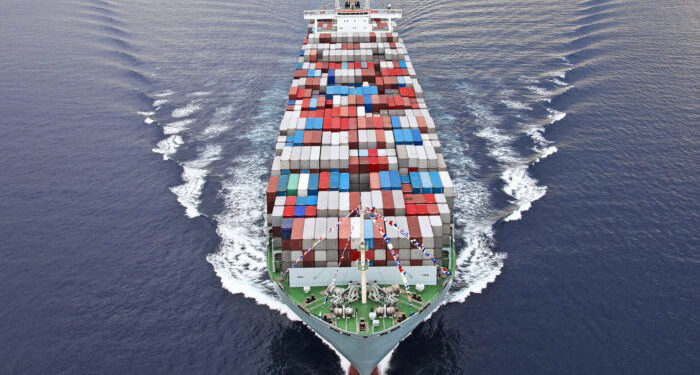Speaking at IUMI’s (International Union of Marine Insurance) annual conference in Toronto, Canada, Sean Dalton, Chair of IUMI’s Cargo Committee reported that the marine cargo market is in a state of ‘accelerating change’, driven by underwriters taking action to address unprofitable results and to improve performance.
As he explained:
On a global basis, the cargo line is unprofitable and has been for a number of years. Premiums have not been technically adequate to cover losses and expenses and, as such, have not delivered an acceptable return for capital providers. A significant reason for this ongoing situation is the commoditization of this speciality line of business which has lowered entry barriers and attracted new entrants, some of whom are now exiting
Because of this reality, underwriters are addressing their portfolios with urgency and they are reviewing technical rate adequacy, expenses, terms and conditions, deductible levels, and capacity/limit deployment.
In addition, additional focus is being given on commitment to business, stability and capabilities, in order to make sure that underwriters deliver a stable offering that can be robustly delivered.
[smlsubform prepend=”GET THE SAFETY4SEA IN YOUR INBOX!” showname=false emailtxt=”” emailholder=”Enter your email address” showsubmit=true submittxt=”Submit” jsthanks=false thankyou=”Thank you for subscribing to our mailing list”]
Currently, according to IUMI, global trade global growth is forecast to achieve 2.6% in 2019 and 3% in 2020. This, along with governments in developing markets investing in infrastructure and advancing domestic manufacturing, provides for more positive outlook for cargo insurance. Nonetheless, weaker economic projections and worries regarding trade wars may negatively impact expected growth.
As a matter of fact, 2019 has already seen nine major cargo vessel fires which have caused loss of life, injury and environmental damage. Misdeclaration of cargo seems to be the main cause and is driving some shipping companies to announce significant fines to those responsible.
At shore, there have been cargo storage losses in 2017 and 2018 from nat-cat incidents, along with several significant fire losses over the past 12 months. The marine cargo market insures a significant amount of property contents storage under Warehouse/Storage Endorsements and ‘Stock Thru Put’ policies.
Now, the soft market has risen this risk profile as underwriters have been providing broader terms, higher nat-cat limits, lower deductibles and more competitive prices than their property counterparts would provide.
In addressing these issues, cargo insurers are encountering old and new challenges. These include compliance, sanctions, War and SR&CC, emerging risks and new coverage requirements. With each cargo insured loss there are related uninsured losses. These might include business interruption due to supply chain issues, trade disruption, or loss of market. Emerging technologies may provide tools and capabilities to enable the development of new products
Mr. Dalton stated.
He also added that in order to meet these needs, cargo underwriters must get the basics right if want to leverage future opportunities. What is more, it is certain that exposures will continue to increase in size and complexity for the cargo underwriter, thus requiring a sustainable approach to the business to meet the demands of the present and the future.






























































